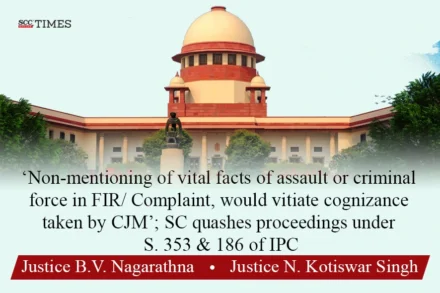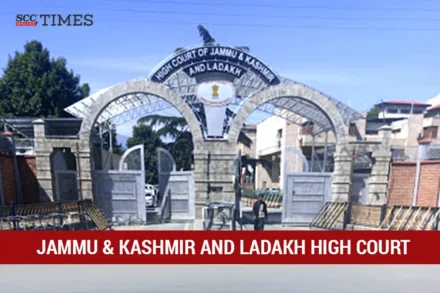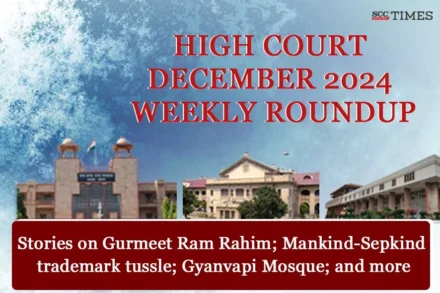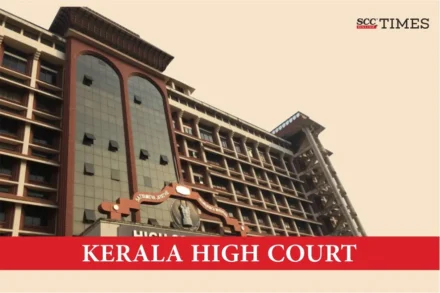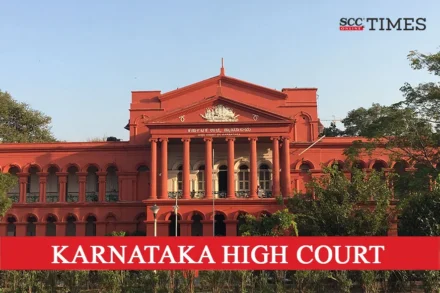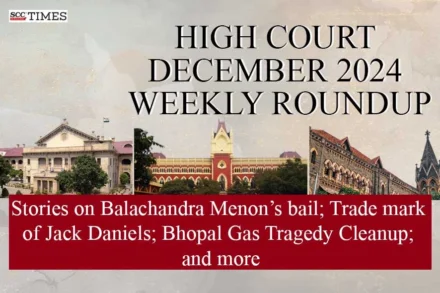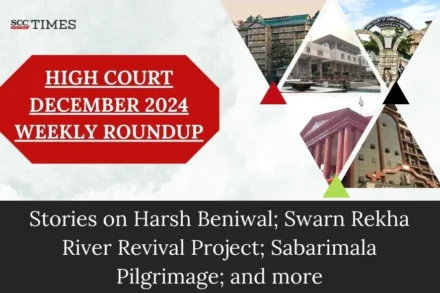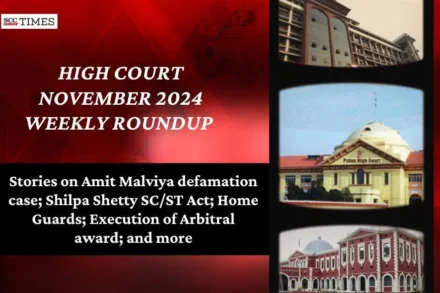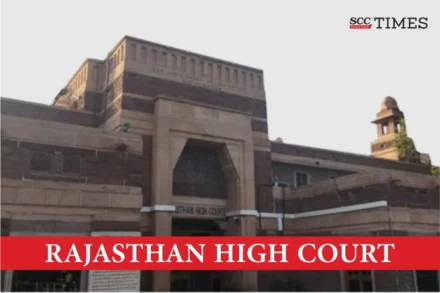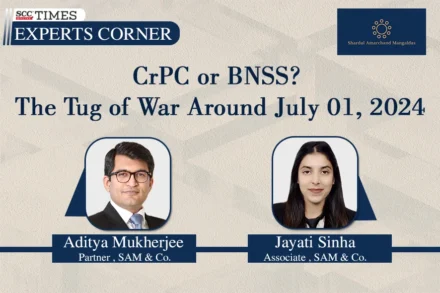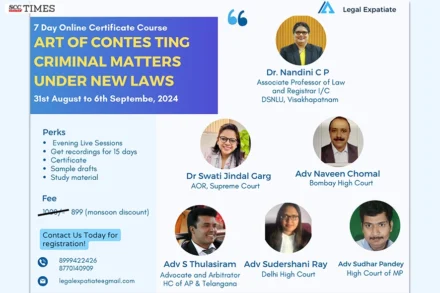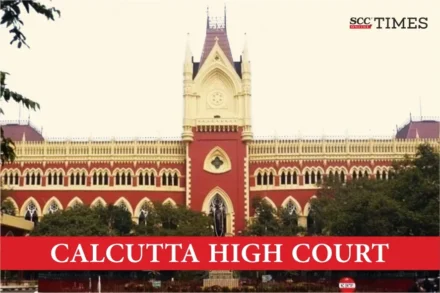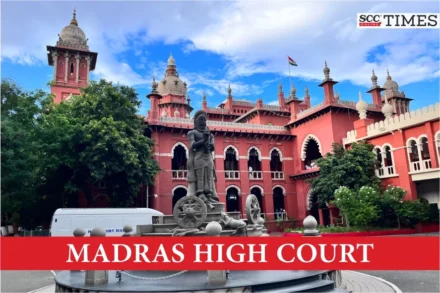
‘Spoke what was written in Manusmriti & in general parlance’; Madras HC quashes hate speech complaint against VCK president & MP Thol. Thirumavalavan for comments on Hindu women
“What has been stated in the book “Manusmriti” had been only made as his speech and in the facts and circumstances of this case, this Court does not find that any of the offences as alleged by the complainant is made out.”


